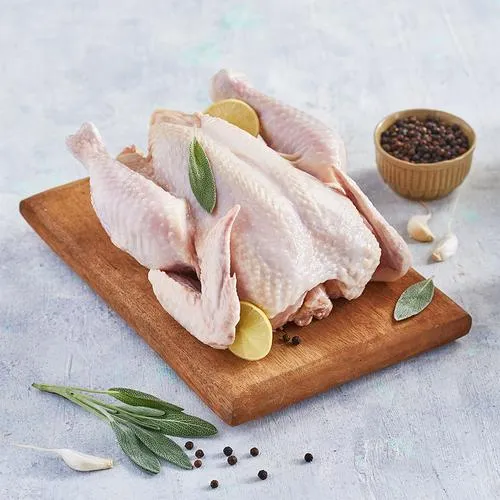Chicken
16
16 Items


In the Meat Basket, whole chicken is a popular and versatile protein source commonly used in various dishes. It is available in most grocery stores and supermarkets, usually sold fresh or frozen. Whole chickens are often purchased by consumers who want to cook a large meal or prepare multiple dishes from one bird, as it includes both white and dark meat, as well as bones for making stock.
Whole chicken in the Meat Basket is a staple food item that is widely used across various culinary traditions. It offers a versatile base for a range of dishes, from classic American roasts to soups, stews, and grilled meals. Here’s a deeper look into whole chicken in the Meat Basket
Leave A Review